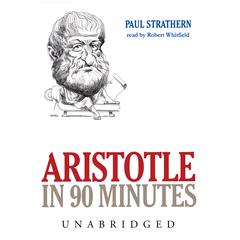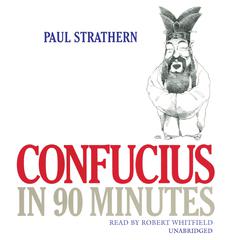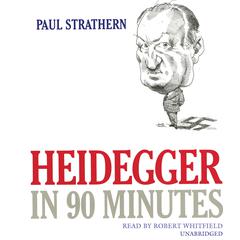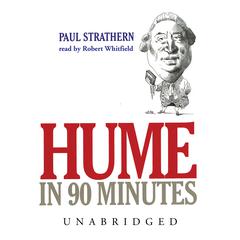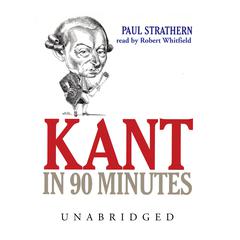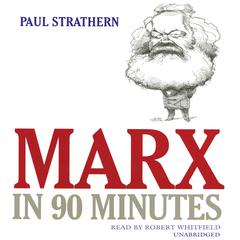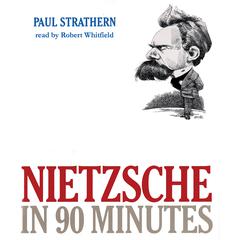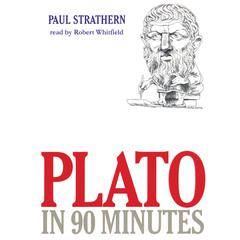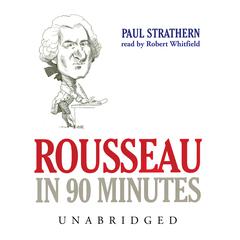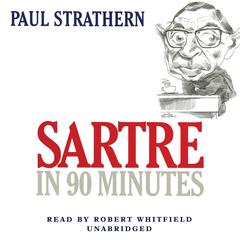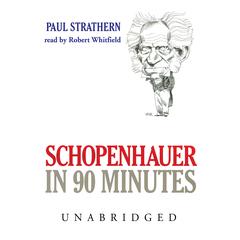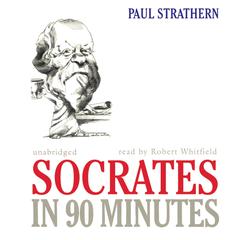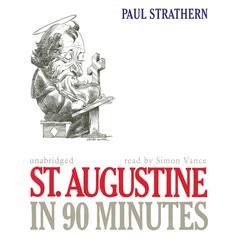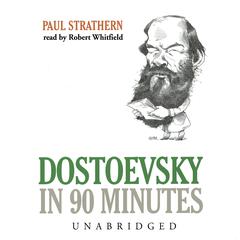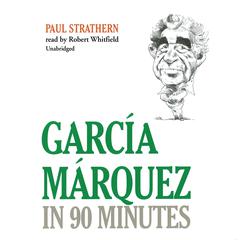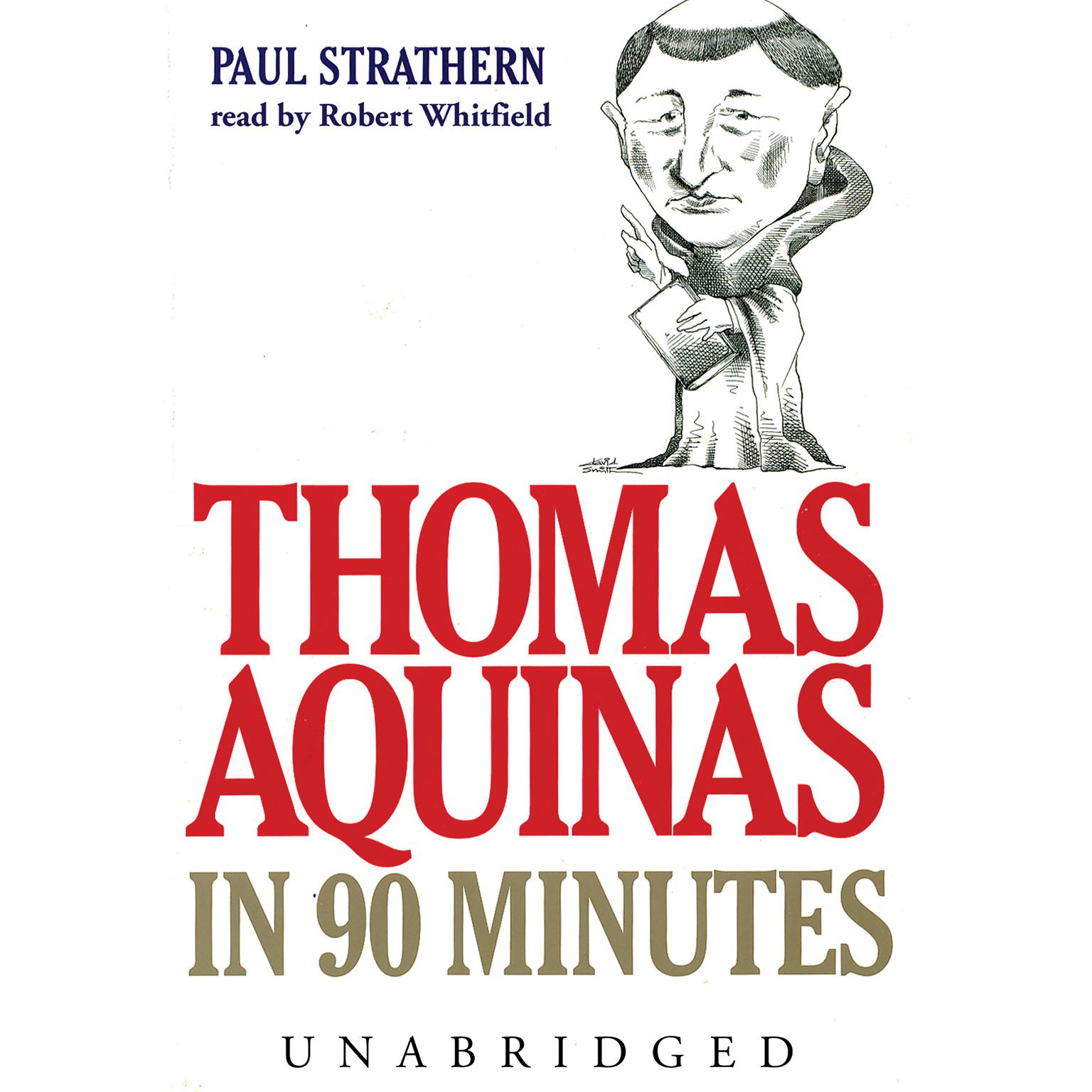 Play Audiobook Sample
Play Audiobook Sample
Thomas Aquinas in 90 Minutes Audiobook
 Play Audiobook Sample
Play Audiobook Sample
Quick Stats About this Audiobook
Total Audiobook Chapters:
Longest Chapter Length:
Shortest Chapter Length:
Average Chapter Length:
Audiobooks by this Author:
Publisher Description
We see our age as the greatest in human history, filled with seemingly unending originality. Yet such dynamism is not a necessary characteristic of great eras. Among the most long-lasting and stable civilizations was that of medieval Europe. There stasis was achieved, and with it a stability that permitted the development of structured thought and intellectual embellishment of unparalleled degree. Like the vast Gothic cathedrals of western Europe, certainties of thought were part and parcel of the medieval age. Its monument of the intellect was the largely static, cumulative philosophy of Scholasticism. And the acknowledged maestro of Scholastic philosophy was Thomas Aquinas.
In Thomas Aquinas in 90 Minutes, Paul Strathern offers a concise, expert account of Aquinas’ life and ideas and explains their influence on man’s struggle to understand his existence in the world. The book also includes selections from Aquinas’ work, a brief list of suggested readings for those who wish to delve deeper, and chronologies that place Aquinas within his own age and in the broader scheme of philosophy.
Download and start listening now!
"Quick gist of the life and works of Aquinas. Interesting with a few minor jokes here and there. "
— Amber (4 out of 5 stars)
Quotes
-
“Well-written, clear, and informed, they have a breezy wit about them. I find them hard to stop reading.”
— New York Times -
“A godsend in this era of the short attention span.”
— New York Times -
“Witty, illuminating, and blessedly concise.”
— Wall Street Journal -
“Each of these little books is witty and dramatic and creates a sense of time, place, and character…I cannot think of a better way to introduce oneself and one’s friends to Western civilization.”
— Boston Globe
Thomas Aquinas in 90 Minutes Listener Reviews
-
" What do you know, it took about 90 minutes. "
— Wade, 10/18/2012 -
" This is my first time listening/reading anything on Aquinas so I have no idea whether he was covered well or not. However, this seemed more like a summary of Aquinas's biography rather than a summary of his philosophy. "
— benebean, 9/20/2012 -
" Quick gist of the life and works of Aquinas. Interesting with a few minor jokes here and there. "
— Amber, 8/22/2012 -
" Note, I knew nothing about Aquinas before reading this book. Am not sure whether this is an accurate representation of his work. "
— Joseph, 3/31/2012 -
" several commentaries on Aristotle; idea of God is great idea man can concieve: "that for the knowledge of any truth whatsoever man needs divine help, that the intellect may be moved by God to its act" "
— Mckinley, 10/1/2011 -
" A fair amount of general history, and Strathern focuses a bit too much on the connective tissues between Aristotle and Aquinas (and not on Aquinas' work in its own right), but it was a good read. "
— Timothy, 9/8/2011 -
" Love Aquinas. Didn't care for the tone of the book. A bit snide. Off putting. "
— Kathleen, 8/2/2011 -
" Useful but obviously not enough if you're looking for more than just a vague introduction of a brilliant mind. In order to get to know him better, we should read Thomas Aquinas in 90 days (Summa Theologica). "
— Bogdan, 5/20/2011
About Paul Strathern
Paul Strathern earned a degree in philosophy at Trinity College, Dublin, and has lectured in philosophy and mathematics. The author of many nonfiction books and of articles for numerous publications, he has also written several novels and has won the Somerset Maugham Prize. He lives and writes in London.
About Simon Vance
Simon Vance (a.k.a. Robert Whitfield) is an award-winning actor and narrator. He has earned more than fifty Earphones Awards and won the prestigious Audie Award for best narration thirteen times. He was named Booklist’s very first Voice of Choice in 2008 and has been named an AudioFile Golden Voice as well as an AudioFile Best Voice of 2009. He has narrated more than eight hundred audiobooks over almost thirty years, beginning when he was a radio newsreader for the BBC in London. He is also an actor who has appeared on both stage and television.




